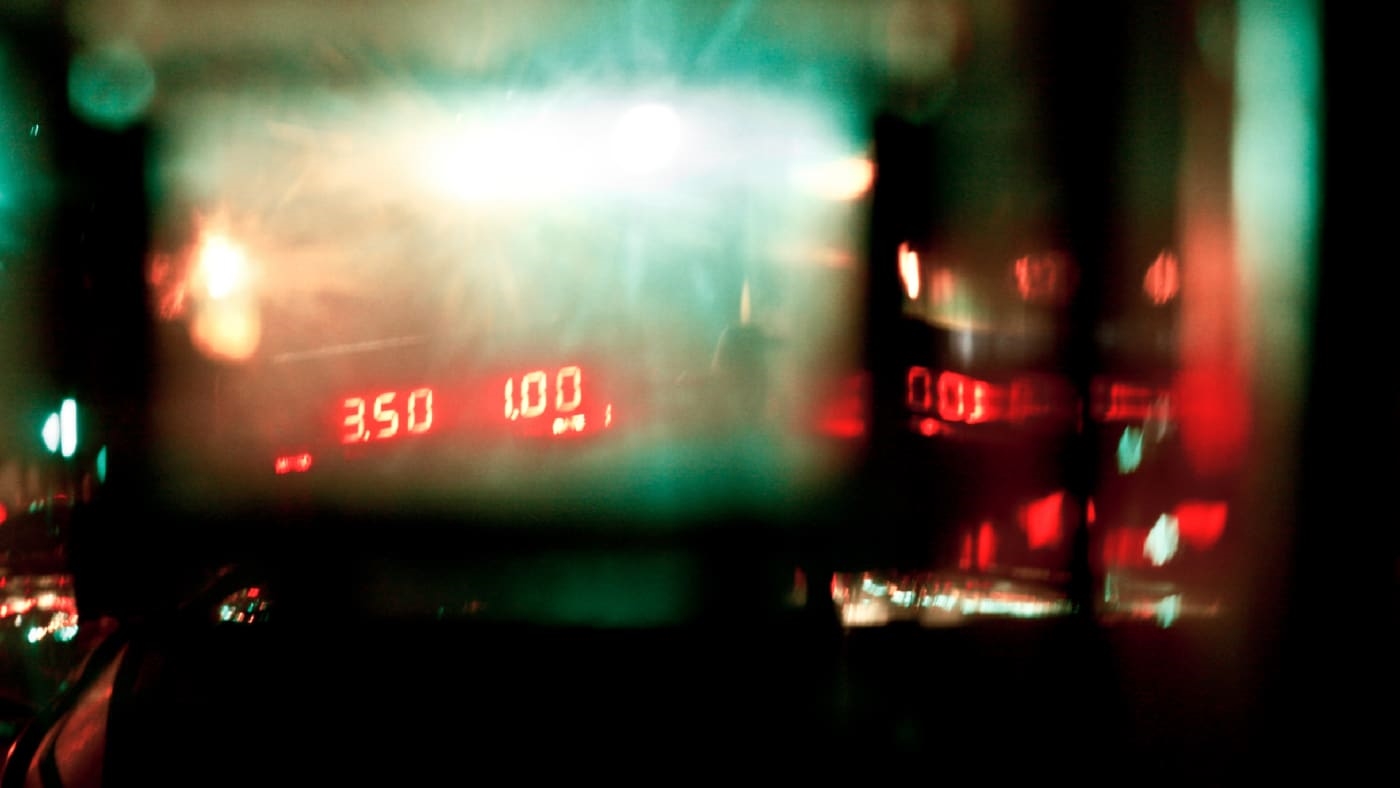Crowded NYC cracks down on Uber and Lyft with a new vehicle cap
New York City Council members passed a package of bills today that will force Uber and other taxi services to pay their drivers a minimum wage and put a one-year hiatus on issuing new for-hire vehicle licenses. During the pause, the Taxi and Limousine Commission will be required to conduct a one-year study on vehicle utilization and whether there should be a restriction on the number of for-hire vehicles.
The new slate of rules represents a major turning point for the city, which has had difficulty curtailing the growth of Uber and Lyft cars on city streets. Mayor Bill de Blasio said the new set of laws will go a long way toward relieving street congestion. Uber, meanwhile, disputes the argument that a vehicle cap will fix the problem.
Our city is directly confronting a crisis that is driving working New Yorkers into poverty and our streets into gridlock. The unchecked growth of app-based for-hire vehicle companies has demanded action – and now we have it.
— Bill de Blasio (@NYCMayor) August 8, 2018
But street congestion is not the only contentious issue here. This year, the question of how much drivers are and should be paid has been vigorously debated. Several academics have attempted to independently verify how much ride-hail drivers actually earn. Uber has quashed estimates that don’t jive with its official research. In the backdrop of all this debate, New York City drivers are suffering financially.
In addition to earnings, traditional taxi drivers who purchased medallions–which entitle drivers to operate their own cabs–are seeing their investment decline. “Six New York City drivers have committed suicide in recent months, including two livery drivers, a black car driver, a yellow cab lease driver, and two yellow cab owner-drivers, unable to survive the economic crisis brought on by the over-saturation of for-hire-vehicles on our streets,” wrote New York Taxi Workers Alliance executive director Bhairavi Desai in a statement following the vote.
In general, app-based drivers have had a hard time unionizing. In most places around the country, there is no easy way for them to connect and organize. But in New York City, which has a robust taxi industry, drivers wishing to air their collective grievances have more opportunity.
“More than 16,000 drivers signed IDG’s petition to require a minimum pay rate for apps like Uber and Lyft,” wrote the Independent Drivers Guild in an email regarding the city council’s decision. Through its constituents, the union, which supports contract drivers for app-based platforms like Uber and Lyft, sent city officials 7,400 emails and made over 1,740 calls campaigning for wage minimums for drivers.
While some are celebrating today’s news, others believe the decision will have a negative impact on the city’s overall transit ecosystem. Uber CEO Dara Khosrowshahi has been a vocal proponent of congestion pricing over limiting the number of vehicles for hire. As part of its study, the TLC will also consider the issue of congestion pricing.
Congestion pricing will allow market forces to apply to ALL vehicles and force the ones w lowest utility to get off the road during peak. https://t.co/PLMW6m3QcR
— dara khosrowshahi (@dkhos) August 3, 2018
Meanwhile, some advocates for the local tech industry see today’s news as a broad strike against innovation. “Today’s vote is both a step backward for New York and a bad sign for our local tech ecosystem,” said Julie Samuels, executive director of Tech:NYC, in a statement. “What New Yorkers can expect are increased costs for transportation, a shortage of vehicles in the outer-boroughs, and the entrenchment of an industry that thrives with greater competition. All of this will slow down our city, and sends a signal to tech companies that New York is not open to innovation.”
Fast Company , Read Full Story
(44)



